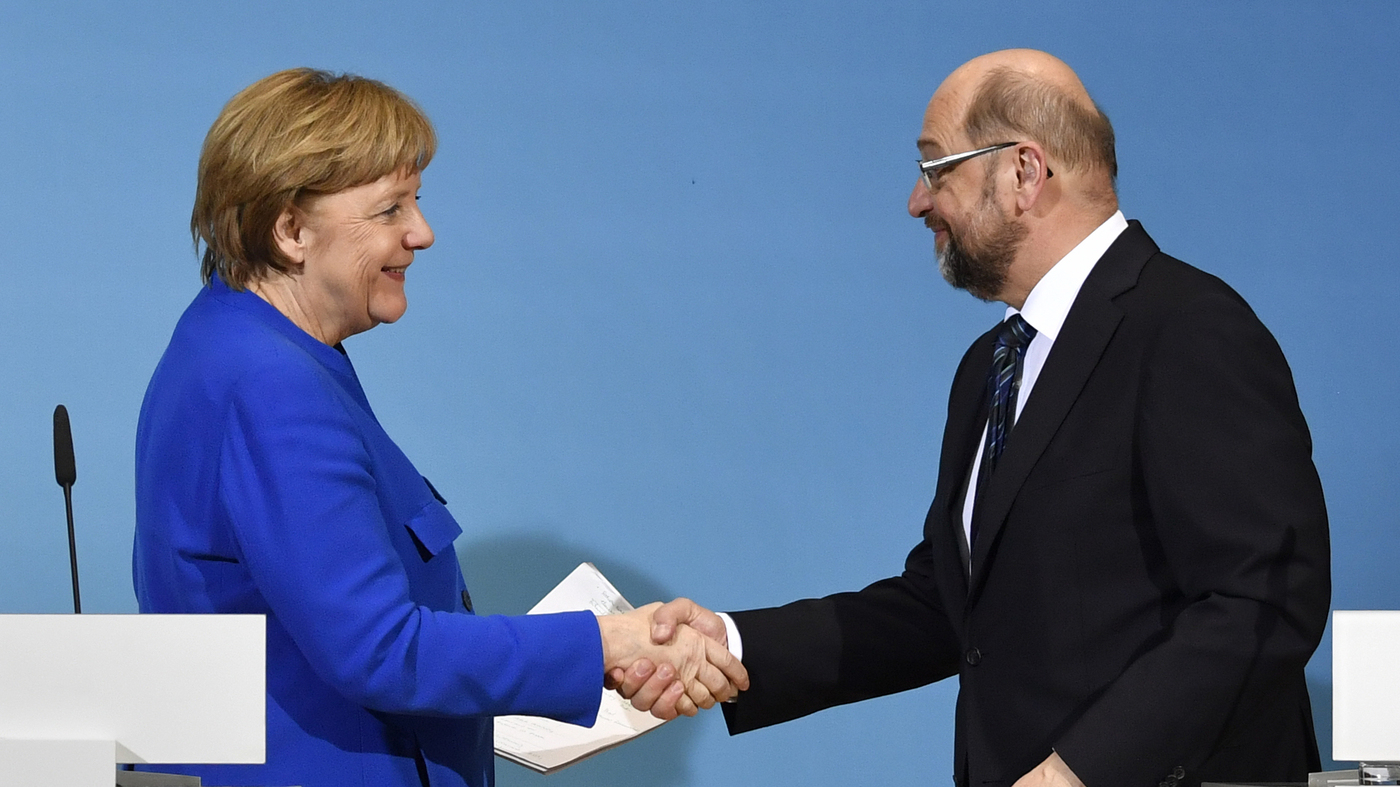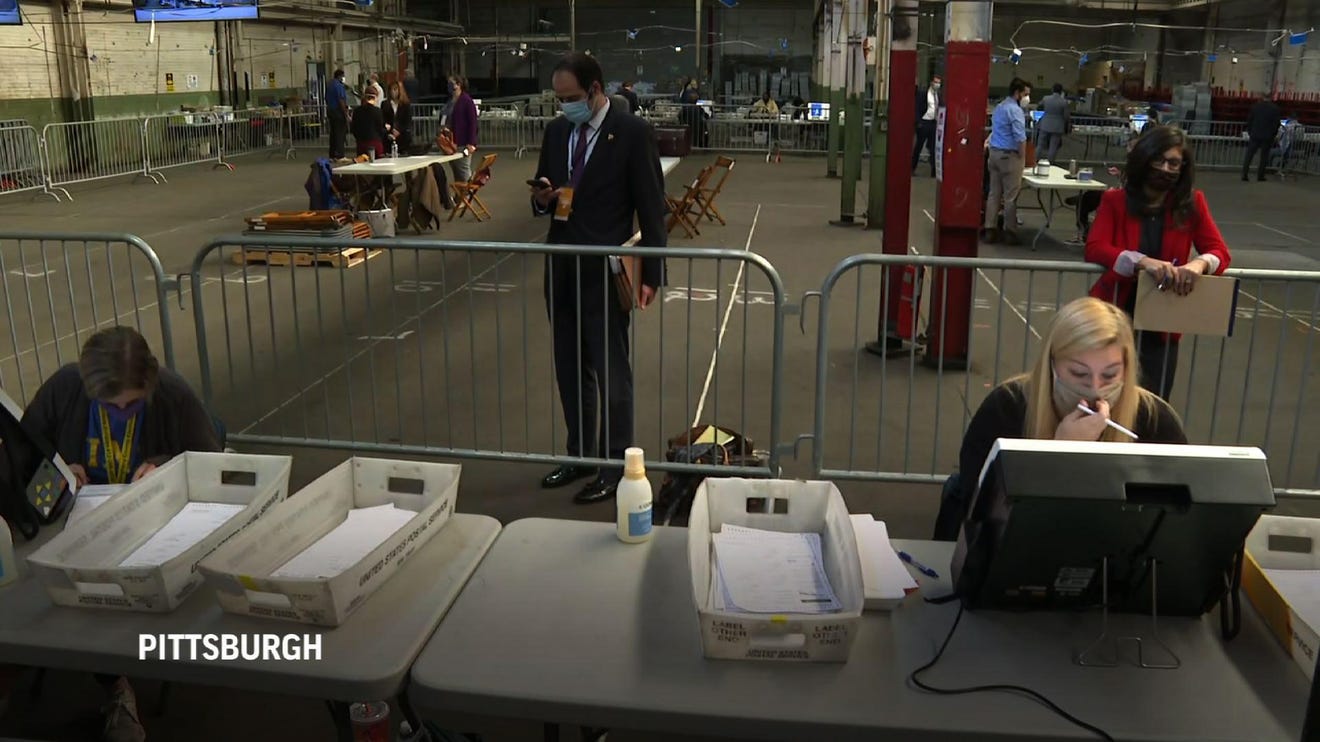German Coalition Talks: Deal Anticipated Before Noon

Table of Contents
Key Players and Their Demands
The success of the German coalition talks hinges on the ability of three key parties – the SPD (Social Democratic Party), the FDP (Free Democratic Party), and the Greens – to find common ground on their diverse policy agendas.
SPD (Social Democratic Party): A Focus on Social Justice and Climate Action
The SPD, led by Chancellor Olaf Scholz, enters these talks prioritizing social justice and a robust climate agenda. Their core demands reflect a commitment to strengthening the German welfare state and accelerating the transition to renewable energy.
- Specific policy proposals:
- Significant increase in the minimum wage.
- Substantial investment in renewable energy infrastructure (wind, solar).
- Expansion of affordable housing initiatives.
- Strengthening social security programs.
Key figures like Olaf Scholz and Saskia Esken will play crucial roles in negotiating these proposals.
FDP (Free Democratic Party): Championing Economic Liberalism
The FDP, known for its pro-business stance, is advocating for economic liberalism, tax cuts, and deregulation. Their participation in the coalition is crucial for ensuring a stable government, but their demands could present challenges.
- Specific economic policies proposed:
- Significant tax cuts for businesses and high-income earners.
- Easing regulations to stimulate business growth.
- Increased investment in digital infrastructure.
- A balanced budget policy.
Christian Lindner, the FDP leader, will be a key negotiator, pushing for policies that align with his party's economic philosophy.
Greens: Prioritizing Climate Protection and Social Justice
The Greens, representing a significant portion of environmentally conscious voters, are pushing for ambitious climate protection measures and social justice reforms. Their influence will be critical in shaping the coalition's environmental policies.
- Specific environmental and social policies proposed:
- Accelerated phasing out of coal-fired power plants.
- Massive investment in public transportation and sustainable mobility.
- Strengthening environmental protection regulations.
- Expansion of social programs aimed at reducing inequality.
Leading figures like Annalena Baerbock and Robert Habeck will be instrumental in pushing the Greens' agenda during these crucial talks.
Potential Sticking Points and Compromises
While the three parties share some common ground, significant differences remain, leading to potential sticking points that could derail the coalition negotiations.
Climate Policy: Balancing Ambitions with Economic Realities
Reaching a consensus on climate policy is arguably the biggest challenge. The Greens advocate for rapid decarbonization, while the FDP emphasizes the need to avoid harming economic competitiveness. Finding a compromise that balances ambitious climate targets with economic realities will be critical.
- Specific areas of potential conflict:
- The speed and extent of phasing out coal power.
- Investment levels in renewable energy sources.
- The impact of climate policies on businesses and consumers.
Potential compromises could involve a phased approach to coal phase-out, alongside substantial investments in renewable energy and carbon capture technology.
Economic Policy: Navigating Differing Views on Taxation and Spending
Disagreements on taxation, government spending, and economic regulation are also expected. The FDP’s emphasis on tax cuts clashes with the SPD and Greens’ desire for increased social spending.
- Specific areas of potential conflict:
- The level and structure of tax cuts.
- Government spending on social programs and infrastructure.
- Regulations aimed at protecting workers' rights and the environment.
Potential compromises might involve targeted tax cuts combined with increased investment in education, infrastructure, and green technologies.
Immigration Policy: Finding Common Ground on Asylum and Integration
Immigration and asylum policies are another sensitive area. While the Greens generally favor a more welcoming approach, the FDP holds a more restrictive stance. Reaching a compromise that addresses both humanitarian concerns and security considerations will be crucial.
- Specific areas of potential conflict:
- Asylum procedures and processing times.
- Integration policies for migrants and refugees.
- Border control measures.
Potential compromises could focus on streamlining asylum procedures, improving integration programs, and strengthening border security measures.
Anticipated Coalition Agreement and Its Implications
The anticipated coalition agreement will represent a delicate balance between the diverse agendas of the three participating parties.
Key Policy Outcomes
Based on current developments, the following policy outcomes are anticipated:
- Climate Policy: A commitment to significantly reducing Germany's carbon emissions, with a phased coal phase-out and substantial investments in renewable energy.
- Economic Policy: A mix of targeted tax cuts and increased investment in infrastructure and social programs.
- Social Policy: Improvements in social security, a higher minimum wage, and continued efforts to address inequality.
Impact on Germany's Domestic and International Role
The new coalition government will significantly influence Germany's domestic and international role.
- Domestic Impact: The government's policies will have a major impact on the German economy, employment, and social welfare.
- International Impact: Germany's stance on European Union policies, climate change agreements, and international relations will be shaped by the priorities of the new coalition.
Conclusion
The German coalition talks are poised to conclude shortly, with a deal anticipated before noon. The agreement will be a culmination of negotiations between the SPD, FDP, and Greens, addressing critical issues such as climate change, economic policy, and social justice. The final German coalition agreement will significantly shape Germany's political landscape and have far-reaching consequences for the country's domestic and international affairs. This new government formation will be a defining moment for Germany's future.
Call to Action: Stay tuned for updates on the final German coalition agreement and its implications. Follow our coverage for continuous insights into these crucial German coalition talks and their impact on the future of Germany. Learn more about the intricacies of the German coalition deal by subscribing to our newsletter!

Featured Posts
-
 Impact Of Federal Funding Cuts On Trump Supporting Communities
Apr 30, 2025
Impact Of Federal Funding Cuts On Trump Supporting Communities
Apr 30, 2025 -
 Las Vegas Ru Pauls Drag Race Live 1000th Performance Global Stream
Apr 30, 2025
Las Vegas Ru Pauls Drag Race Live 1000th Performance Global Stream
Apr 30, 2025 -
 Horrific Accident Car Strikes Afterschool Program Multiple Child Fatalities
Apr 30, 2025
Horrific Accident Car Strikes Afterschool Program Multiple Child Fatalities
Apr 30, 2025 -
 The Big Deal Whats New On 2025 Cruise Ships
Apr 30, 2025
The Big Deal Whats New On 2025 Cruise Ships
Apr 30, 2025 -
 Nine Kids One Farm Amanda Owens Candid Family Photos
Apr 30, 2025
Nine Kids One Farm Amanda Owens Candid Family Photos
Apr 30, 2025
